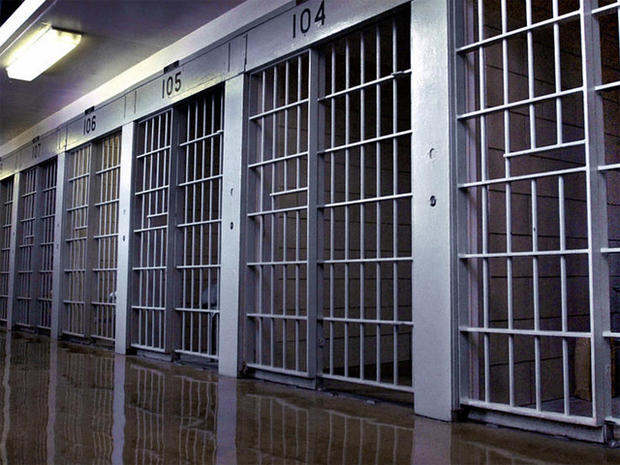Life as a Public Defender
BROWARD COUNTY, Fla. -- "Make America great again" -- that's the campaign slogan for presidential hopeful Donald Trump. I agree we need to make America great again. I just question how we achieve that goal if we don't start changing the way we treat our citizens, our fellow Americans.
I have been a public defender for a year, and not a day has gone by where I am not shocked about how poor and black Americans are treated by a system that cares more about criminal convictions than about our Constitution.
We throw more people behind bars per capita than any other country in the world. There are 2.2 million Americans incarcerated and according to The Sentencing Project that's a 500% increase over the past thirty years.
This week I will be wasting taxpayers' time and money by trying a trespass case, which in Florida is punishable by up to 60 days in jail. My client was in a Home Depot parking lot hoping to find work when a police officer told him to leave. He left but not before he was charged with a crime. At deposition the officer didn't notice anything different about my client, like the fact that he is hearing impaired. This disability made no difference in the state's decision to pursue this charge.
The alleged trespasser in this case is the same race and gender as most of my clients -- a black male. Not a surprise since 1 in every 3 black males is likely to be imprisoned at some point in his life. The odds of imprisonment for white males are 1 in 17. It would be easy to dismiss these statistics with the thought that blacks commit more crimes than whites, but I have yet to meet a white person who has been stopped by a cop for riding a bicycle without a light, or charged with loitering and prowling for walking in a residential neighborhood at a late hour.
Stops like these usually turn into searches that result in drug charges. Drug offenses are the main reason for the racial disparity in our prisons and jails. While statistics show that Americans of all colors use drugs at roughly the same rate, the rates of those incarcerated aren't comparable. Two-thirds of prisoners incarcerated on drug charges are, you guessed it, black. The "War on Drugs" has created this disparity. Let's revisit this policy and redirect the tens of thousands of dollars we spend per inmate on policies and programs that can make America great again.
There's been a lot of talk about a border wall to make America great again, but how about putting some focus on all those walls that have already been built across our country? I am referring to those massive prison walls, topped with barbed wire and turrets with armed guards that keep the bad Americans in but can't seem to keep the bad stuff out.
My clients have told me stories about physical abuse, rape and the ready availability of drugs. "There is stuff (drugs) to smoke here," my friend John writes to me, "but I don't do any of that so that's a big step for me." John is incarcerated on a drug offense. He had been fighting addiction before going to prison and now he has to worry about a relapse while behind bars. As a child John's mother was murdered in front of him and he used drugs to mask the pain. If we want to make America great again we need to talk about walls and creating a safe environment for our citizens behind the ones we have already built.
It's hard not to rally behind the make America great again slogan but putting it into practice will be the challenge. I think we should make America great again by caring about the plight of all Americans regardless of class or race. The document that established our national government may be a good place to start. Let's make America great again by changing our culture to one where the United States Constitution is more important than criminal convictions.
The high profile trials of Manuel Noriega, Timothy McVeigh, OJ Simpson and George Zimmerman are among the important legal stories Kim Segal covered as a journalist for over two decades. While working as a producer for CNN, she began attending law school at night, and was admitted to the Florida Bar in 2005.
At 46, she left her television career for a position as a Public Defender in Broward County, Florida.
